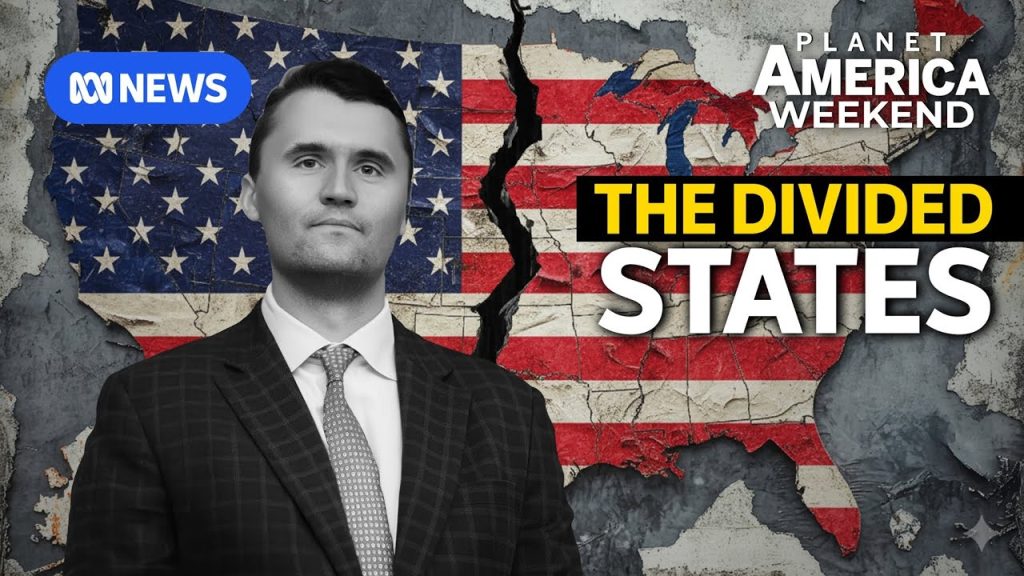The assassination of conservative commentator and activist Charlie Kirk has ignited a fierce blame game among political commentators, journalists, and social media users, amplifying partisan divides in the current political landscape. As reports emerge about the circumstances surrounding his death, each side of the political spectrum has engaged in a heated exchange of accusations, pointing fingers at one another while grappling with the implications of such a violent act on an already polarized society.
The video titled “Charlie Kirk’s assassination sparks bitter blame game” dives into the immediate reactions from various political figures and commentators in the wake of this tragic event. Kirk, the founder of Turning Point USA, has long been a controversial figure within conservative circles. His outspoken views on topics such as immigration, education, and social issues have made him both a champion of his supporters and a target for criticism. His assassination has thus far only intensified the existing tensions, prompting both conservatives and liberals to reassess their narratives surrounding political violence.
In the wake of Kirk’s assassination, accusations of inciting violence against political opponents have surfaced prominently across media, with some commentators suggesting that a toxic atmosphere has been cultivated by inflammatory rhetoric. This sentiment is not new; political violence has become a topic of significant concern in recent years, exemplified by incidents that have plagued political figures from both sides. As discussions unfold, the fear is that the already charged political environment could further escalate, leading to more violence, rhetoric of division, and further erosion of civil discourse.
The situation raises important questions about the responsibilities of public figures and media in fostering constructive dialogue rather than contributing to polarization. As the blame game continues to spiral, many are left wondering how this event will shape the future of political debate in the United States. Meanwhile, law enforcement agencies are conducting investigations, and public reactions will likely continue to evolve as more details are made available.
Where to Learn More
- The New York Times – Comprehensive coverage of politics, including incidents of violence against political figures.
- Politico – Insights into the political climate and analysis of key political events and their ramifications.
- NBC News – Timely reporting on current events and political issues, with a focus on fact-checking and unbiased journalism.
- BBC News – Global perspective on political matters, providing context and analysis around significant events.
- The Washington Post – In-depth reporting and commentary on national politics and pressing issues facing the United States.




